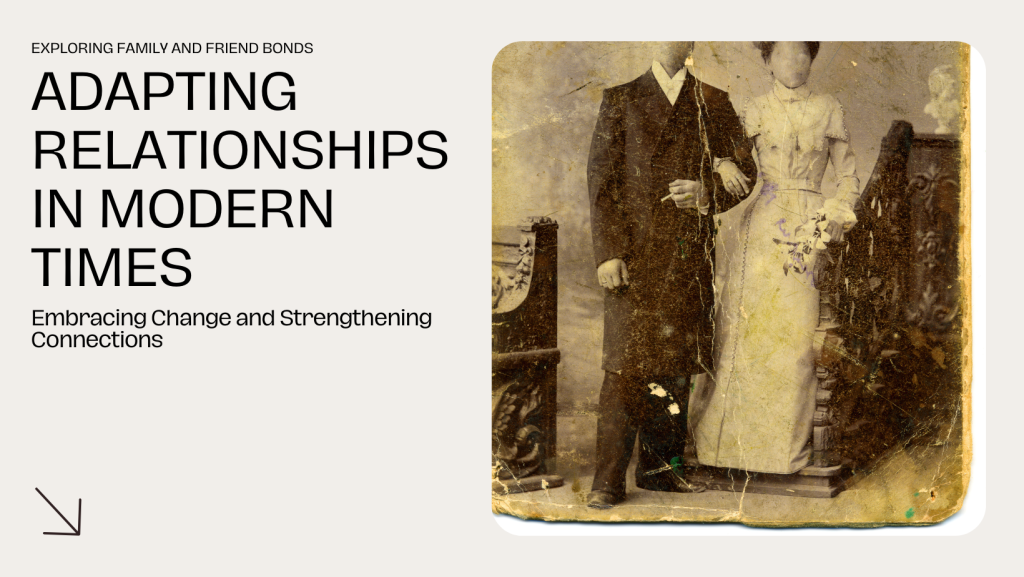The nature of family and friend bonds has evolved significantly in response to shifting social, cultural, and technological trends in the modern world. While the fundamental desire for connection and companionship remains unchanged, the ways in which we form, maintain, and nurture these relationships have undergone profound transformations in recent years.
One notable shift is the increasing prevalence of digital communication and social media platforms, which have revolutionized the way we connect with family and friends. From instant messaging and video calls to social networking sites and virtual communities, technology has made it easier than ever to stay in touch with loved ones, regardless of geographical distance. However, while digital communication offers convenience and accessibility, it can also pose challenges to the depth and authenticity of our relationships, as face-to-face interactions are replaced by screen-mediated exchanges.
Moreover, changing societal norms and family structures have reshaped the dynamics of familial relationships, with non-traditional family arrangements becoming increasingly common. From blended families and single-parent households to chosen families and co-parenting arrangements, the definition of “family” has expanded to encompass a diverse range of configurations that reflect the evolving needs and values of individuals in today’s society.
Similarly, the concept of friendship has evolved in response to globalization, urbanization, and demographic shifts, with people forming connections across geographical, cultural, and generational boundaries. Whether it’s through shared interests, common experiences, or digital communities, friendships are increasingly forged and maintained in virtual spaces, transcending traditional notions of proximity and physical presence.
Furthermore, economic pressures, career demands, and lifestyle choices have influenced the way we prioritize and invest in our relationships with family and friends. With many individuals juggling multiple responsibilities and commitments, finding time for quality interactions amidst busy schedules can be challenging, leading to a sense of disconnection and isolation despite the prevalence of digital connectivity.
In conclusion, the evolution of family and friend bonds reflects the complex interplay of social, cultural, and technological forces shaping our interconnected world. While digital communication has facilitated new forms of connection and expanded the boundaries of our social networks, it has also raised questions about the quality and authenticity of our relationships. As we navigate these changes, it’s essential to prioritize meaningful interactions, cultivate empathy and understanding, and nurture the bonds that sustain us through life’s joys and challenges.


